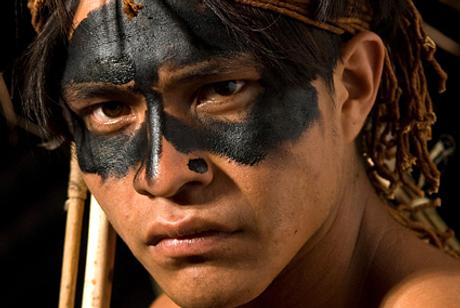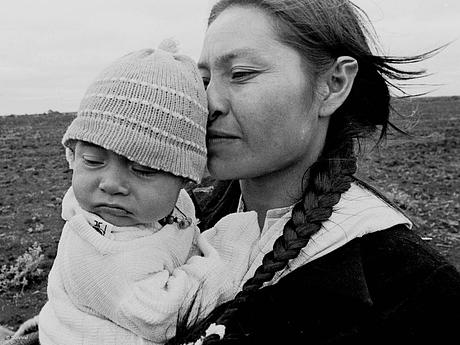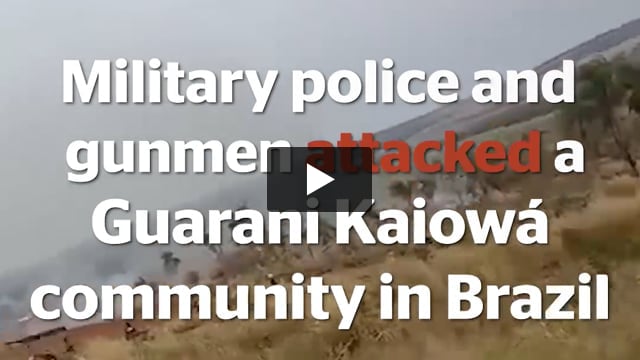Shell in row over Brazilian Indian land grab
September 28, 2010
This page was last updated in 2010 and may contain language which is now outdated.
 © Marie Hippenmeyer/Survival
© Marie Hippenmeyer/Survival
Brazilian authorities have written to energy giant Shell expressing concern over the activities of its new Brazilian joint-venture partner, which is producing biofuels from land taken from an impoverished Indian tribe.
Last month, Shell signed a $12 billion deal to produce biofuels from sugar cane with Brazilian biofuels giant Cosan. But some of Cosan’s sugar cane is grown on land officially recognized as belonging to Guarani Indians.
A Brazilian prosecutor with constitutional powers to defend Indigenous rights in court, has written to Shell warning that its involvement in the joint venture ‘jeopardizes the company’s commitment to biodiversity and sustainability’.
The film ‘Birdwatchers’ brought the Guarani’s plight worldwide attention in 2008, and one of the film’s stars, Ambrosio Vilhalva, is from the community affected by Cosan’s activities.
Speaking of the sugar cane plantations that have swallowed much of his tribe’s lands, Mr Vilhalva said today, ‘The sugar cane plantations are finishing off the Indians. Our lands are getting smaller and smaller. The plantations are killing the Indians.’
Earlier this month, the UN’s top expert on Indigenous rights published a report to the UN Human Rights Council in which he says he is ‘deeply concerned about the allegations of violence against the Guarani people and the severe impact that the aggressive policy of governments in the past to sell large tracts of traditional lands to non-Indigenous farmers has had on the Guarani communities.’
Almost all Guarani land has already been stolen from them to make way for cattle ranches, soya plantations and sugar cane. The Guarani suffer violent attacks whenever they attempt to return to their ancestral territories. Their leaders are frequently targeted by gunmen and dozens have been assassinated. The tribe has one of the highest suicide rates in the world, and babies are dying from malnutrition because the tribe has no land to cultivate or hunt on.
Survival’s Director, Stephen Corry, said today, ‘Shell is threatening to aggravate what is already one of the most critical situations of all Indian peoples in Brazil. Now the company knows what its Brazilian partner is up to, we hope they won’t want to be implicated in the appalling theft of the Guarani’s land.’
Survival has written to Shell about Cosan’s activities, which clearly breach Shell’s ‘Statement of General Business Principles’.
Read Cosan’s Code of Ethics
Download Survival’s report to the UN on the situation of the Guarani of Mato Grosso do Sul, Brazil




